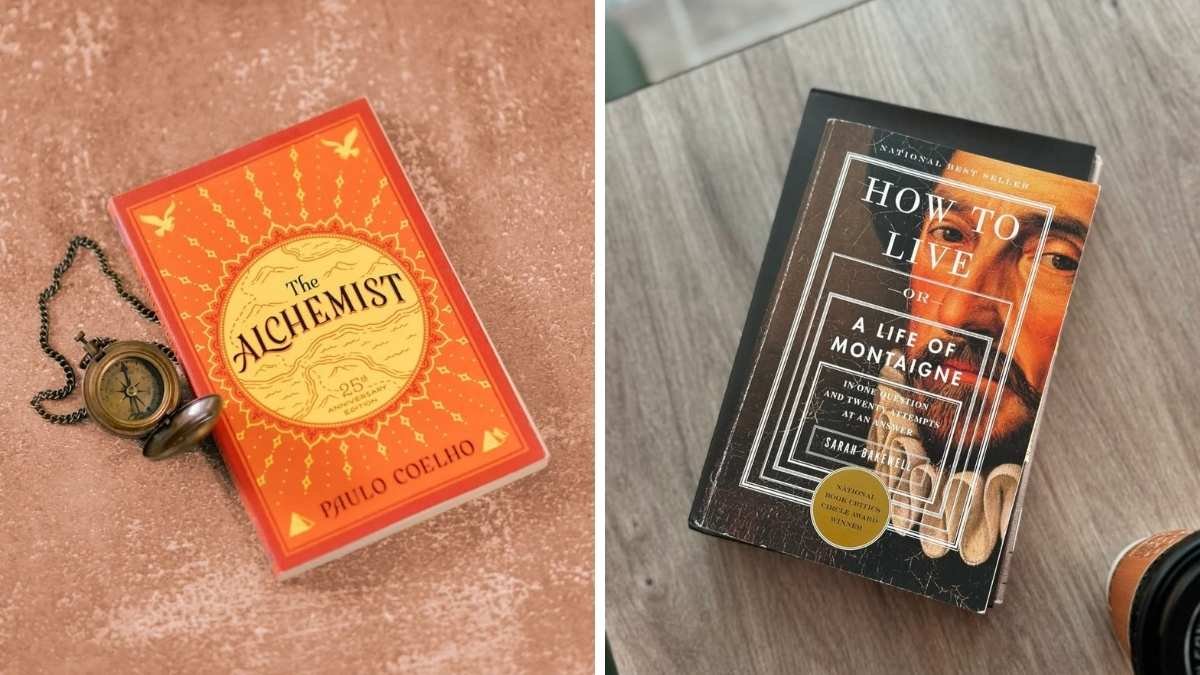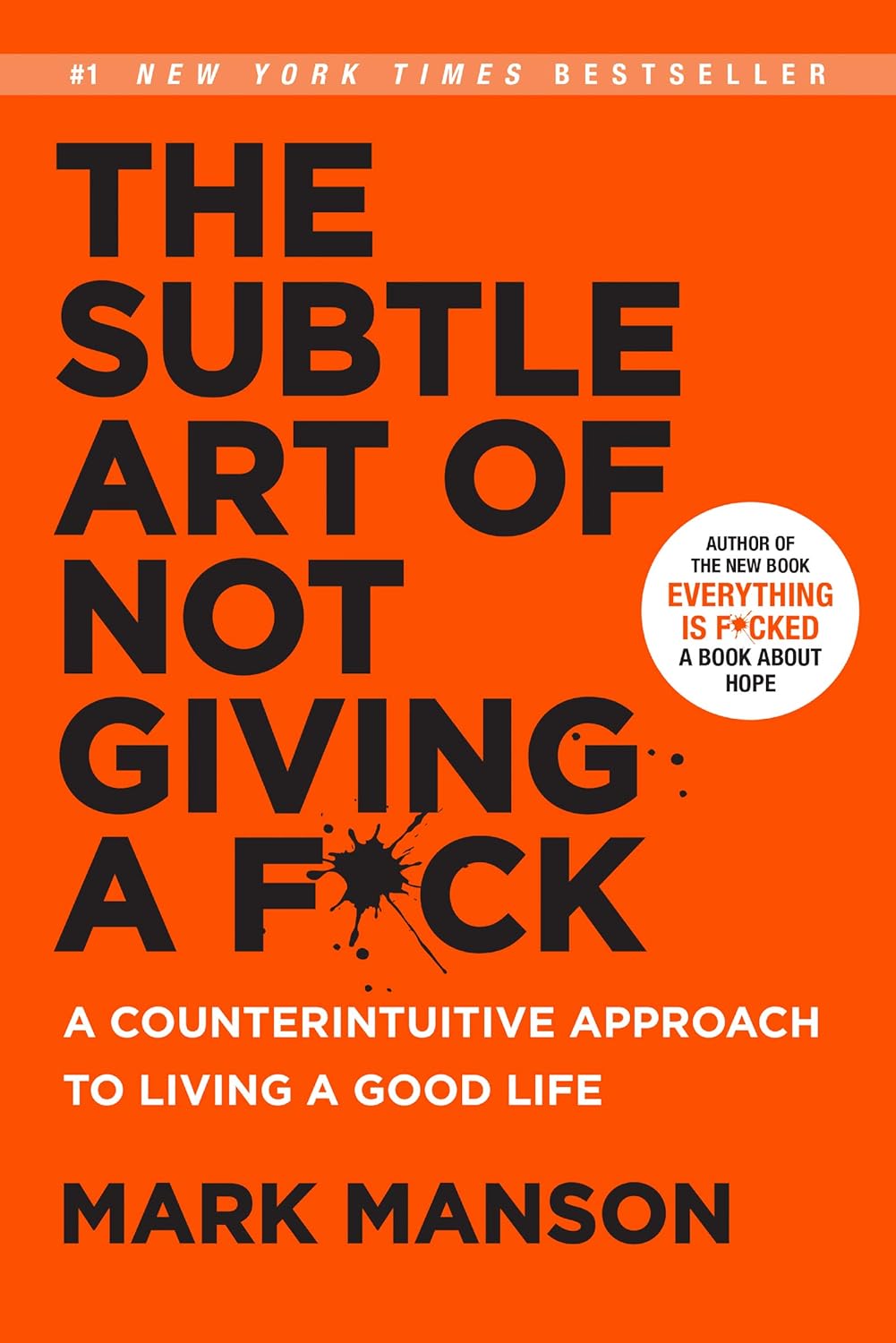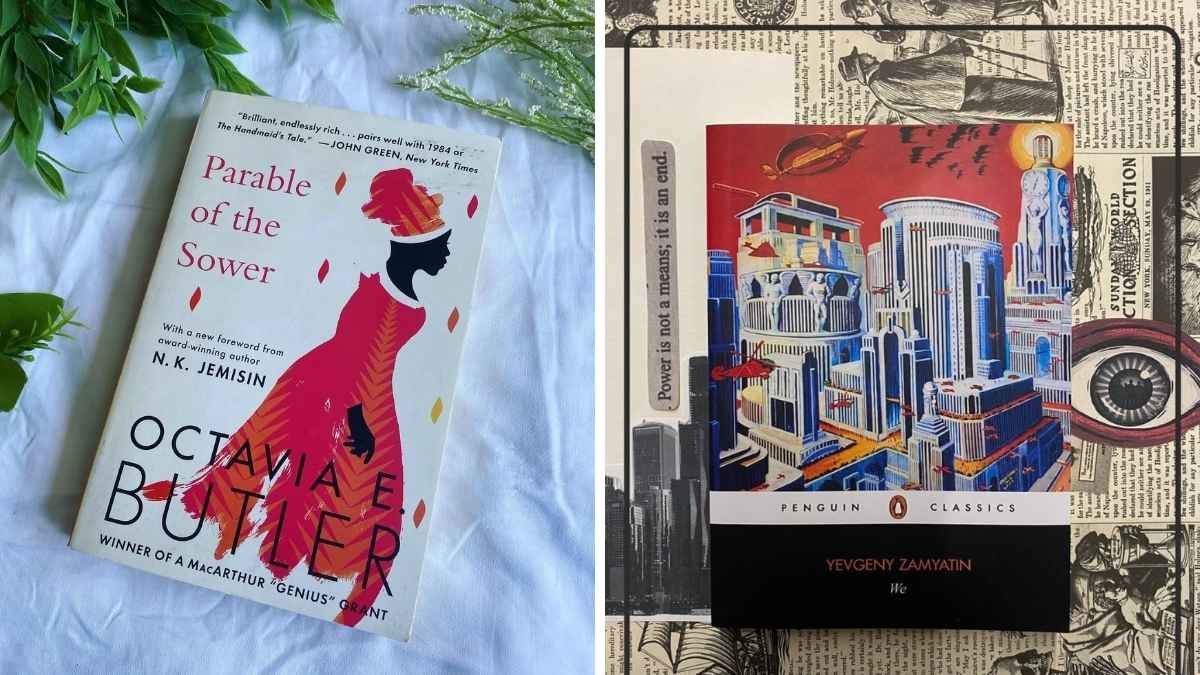
In an era where social media metrics dictate our self-worth, the idea of building a lasting legacy—something that outlives our inbox zeros and fleeting Instagram highlights—can feel like a radical act.
But what if the key to a fulfilling life isn’t chasing validation, but curating wisdom that resonates long after the likes stop rolling in? Below, we’ve curated seven books that serve as both compass and manifesto, guiding you toward a life of depth, purpose, and impact. Think of this as your anti-algorithm reading list.
1. Man’s Search for Meaning by Viktor Frankl

Viktor Frankl’s harrowing survival story from Nazi concentration camps isn’t just a testament to human endurance—it’s a masterclass in finding purpose in suffering. As a psychiatrist, Frankl developed logotherapy, a philosophy arguing that our primary drive isn’t pleasure or power, but the pursuit of meaning. Even amid unimaginable horror, he observed that prisoners who clung to a “why” for their suffering endured longer. Today, Frankl’s teachings challenge us to ask: What gives your life direction when everything else feels chaotic?
Why It Matters: Frankl’s work is a balm for modern anxiety. He teaches us that meaning isn’t found in avoiding pain but in psychological resilience—choosing to grow through adversity. Whether you’re battling self-doubt or navigating loss, his message is clear: Your suffering can be a stepping stone, not a setback. “Life asks us to find its meaning,” Frankl writes. The answers aren’t handed to you; they’re forged in action.
2. The Alchemist by Paulo Coelho

Santiago, a shepherd boy chasing a treasure buried near the Pyramids of Giza, isn’t just a fictional hero—he’s a metaphor for us all. Coelho’s fable invites readers to pursue their Personal Legend (your unique life purpose) and trust the universe’s subtle signs. The book’s magic lies in its simplicity: It reminds us that the journey itself is the treasure.
Legacy Lessons: Santiago’s quest mirrors our own. How often do we ignore our hearts’ whispers to conform to societal expectations? Coelho urges readers to listen to their heart and embrace the “Language of the World,” where omens guide those brave enough to follow their dreams. The takeaway? Legacy isn’t built by playing it safe. It’s forged by risking comfort for growth.
3. How to Live: A Life of Montaigne by Sarah Bakewell

Before “self-care” was a buzzword, 16th-century French philosopher Michel de Montaigne was mastering the art of living well. In this biography, Bakewell reveals Montaigne’s radical approach: He prioritized curiosity, skepticism, and accepting life’s uncertainties. His famous Essays weren’t just intellectual exercises—they were a laboratory for experimenting with existence.
Modern Relevance: Montaigne’s philosophy is an antidote to today’s perfectionism. He believed in embracing uncertainty and savoring the present moment. Bakewell writes, “Montaigne didn’t want to change the world; he wanted to understand it.” This mindset shift is crucial for building a legacy. Instead of chasing external validation, focus on becoming a thoughtful participant in your own life.
4. Atomic Habits by James Clear

Want to build a legacy? Start small. James Clear’s science-backed guide argues that tiny, consistent habits—not grand gestures—drive transformative change. Forget obsessing over goals; focus on identity-based change. For example, instead of aiming to “read more,” become the type of person who reads daily.
The Compound Effect: Clear’s concept of “1% better every day” is deceptively powerful. A 1% improvement daily leads to a 37x growth in a year. Legacy isn’t built overnight; it’s the result of habit stacking (e.g., meditating after brewing coffee) and designing environments that make good choices effortless. Whether parenting, creating art, or leading a team, your daily routines etch the blueprint of your impact.
5. The Power of Now by Eckhart Tolle

Eckhart Tolle’s spiritual guide is a crash course in mindfulness. He argues that suffering stems from living in the past or future, and liberation comes from present moment awareness. But this isn’t just woo-woo philosophy—it’s a practical toolkit for escaping the “pain-body,” that emotional baggage we drag through life.
Legacy Hack: Tolle’s most radical idea? The ego isn’t your friend. It thrives on self-pity, comparison, and craving validation—all legacy killers. By observing your thoughts instead of identifying with them, you cultivate inner peace. A mindful life isn’t just happier; it’s more intentional. Your choices, freed from ego-driven noise, align with what truly matters: connection, creativity, and compassion.
6. The Art of Not Giving a Fck by Mark Manson*

Mark Manson’s blunt title is no gimmick—it’s a rallying cry for prioritizing what truly matters. In a world obsessed with curating perfect lives (and oversharing every trivial detail), Manson argues that legacy isn’t built by trying to please everyone. Instead, it’s forged by choosing what you care about deeply and ruthlessly discarding the rest. His philosophy? Life isn’t about having it all; it’s about letting go of what doesn’t serve your purpose.
Legacy Hack: Manson’s “subtractive philosophy” challenges us to stop spreading ourselves thin. He writes, “You can’t have everything. But you can have anything.” By focusing on one or two core values (e.g., family, creativity, justice), you create clarity in your choices. This isn’t about apathy—it’s about directing your energy where it counts. Think of it as legacy editing: What distractions can you eliminate to amplify your impact?
7. The Immortal Life of Henrietta Lacks by Rebecca Skloot

This gripping true story blurs the lines between science, ethics, and legacy. Henrietta Lacks, a poor Black farmer, died of cervical cancer in 1951, but her tumor cells—taken without consent—became the “HeLa” line, revolutionizing medicine. Her cells helped develop polio vaccines, cloning, and even the COVID-19 vaccine. Yet her family remained poverty-stricken and largely unaware of her global impact.
Legacy Lessons: Henrietta’s story is a haunting reminder that legacy isn’t always fair or intentional. Her cells saved millions, yet her descendants couldn’t afford healthcare. Skloot’s narrative forces us to ask: Whose stories get told? and Who benefits from your work? Building a meaningful legacy isn’t just about leaving a mark—it’s about ensuring that mark benefits others equitably. Whether through mentorship, advocacy, or ethical choices, your actions should uplift, not exploit.






